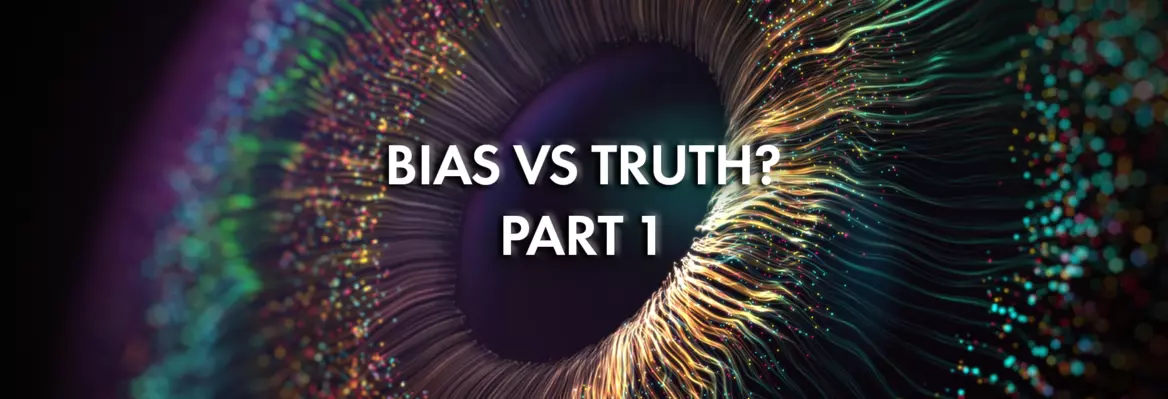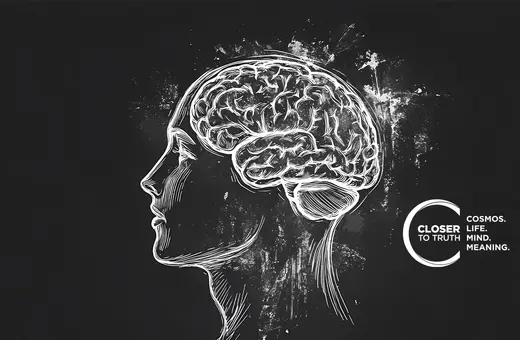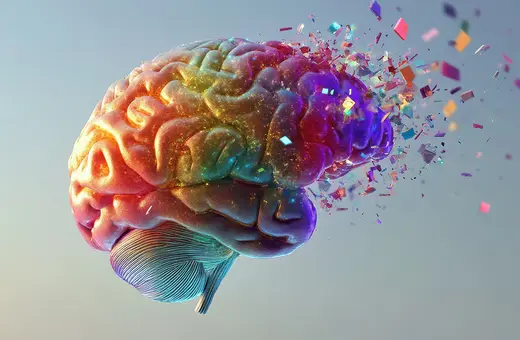Scientists working for the World Health Organization recently found no evidence for links between cellphone radiation and brain cancer. But other scientists argue that there is good evidence linking cellphone use with increased tumor risk. Disagreement runs deep throughout science, so how can we trust its results? Some claim that to be trustworthy, science should strive to be unpolluted by ethical and political values. This is a mistake, argues Kevin C. Elliott. Aiming for the ideal of value-free science makes scientists less, not more trustworthy. It sweeps under the carpet the values that are unavoidably part of interpreting evidence and choosing between different scientific models. Instead, these values should be brought into the open, so that they can be subjected to much-needed scrutiny.
This is Part 1 of a 2-part series. Part 2 is available here.
How to make science worthy of trust
At the end of August 2024, an international team commissioned by the World Health Organization (WHO) published a systematic review that found no compelling links between cellphone radiation and brain cancer. This report was covered widely by international media, with headlines like “Scientists Make Definitive Call on Whether Mobile Phones Cause Brain Cancer” and “Truth about Cellphones and Brain Cancer Link, According to Major World Health Organization Review.” However, other scientists have arrived at different conclusions.
___
Values can’t be kept out of science, and striving for this impossible ideal is counter-productive.
___
These sorts of disagreements among scientists are common, and they raise the question—is science worthy of trust? What makes it trustworthy? Some would say that we should try to make it more objective, and thus worthy of trust, by striving to keep values (particularly ethical, social, and political values) out of science. But this won’t work: values can’t be kept out of science, and striving for this impossible ideal is counter-productive.
Instead, scientists should pursue a multi-pronged strategy to generate trustworthy yet value-laden science: being open about their reasoning, developing standard ways to handle value-laden decisions, engaging with those who will be using their research, and setting reasonable expectations for what science can actually accomplish.
The fantasy of value-free science
Value-free science is a fantasy because scientific practice requires a host of choices that cannot be settled solely by available evidence. Consider the WHO study. At the outset, researchers have to frame the project. Should the research focus solely on brain cancer, or should it include other cancers? Should it include other potential health effects, such as impacts on reproductive health, in addition to cancer? And should the focus be solely on cellphone radiation, or should it consider other sources of radiofrequency (RF) exposure, such as wifi routers or cellular transmission towers? Scientists might make these sorts of decisions based on a wide variety of practical constraints, but these decisions can have profound impacts on society and thus ought to be scrutinized as value-laden choices.




















Join the conversation